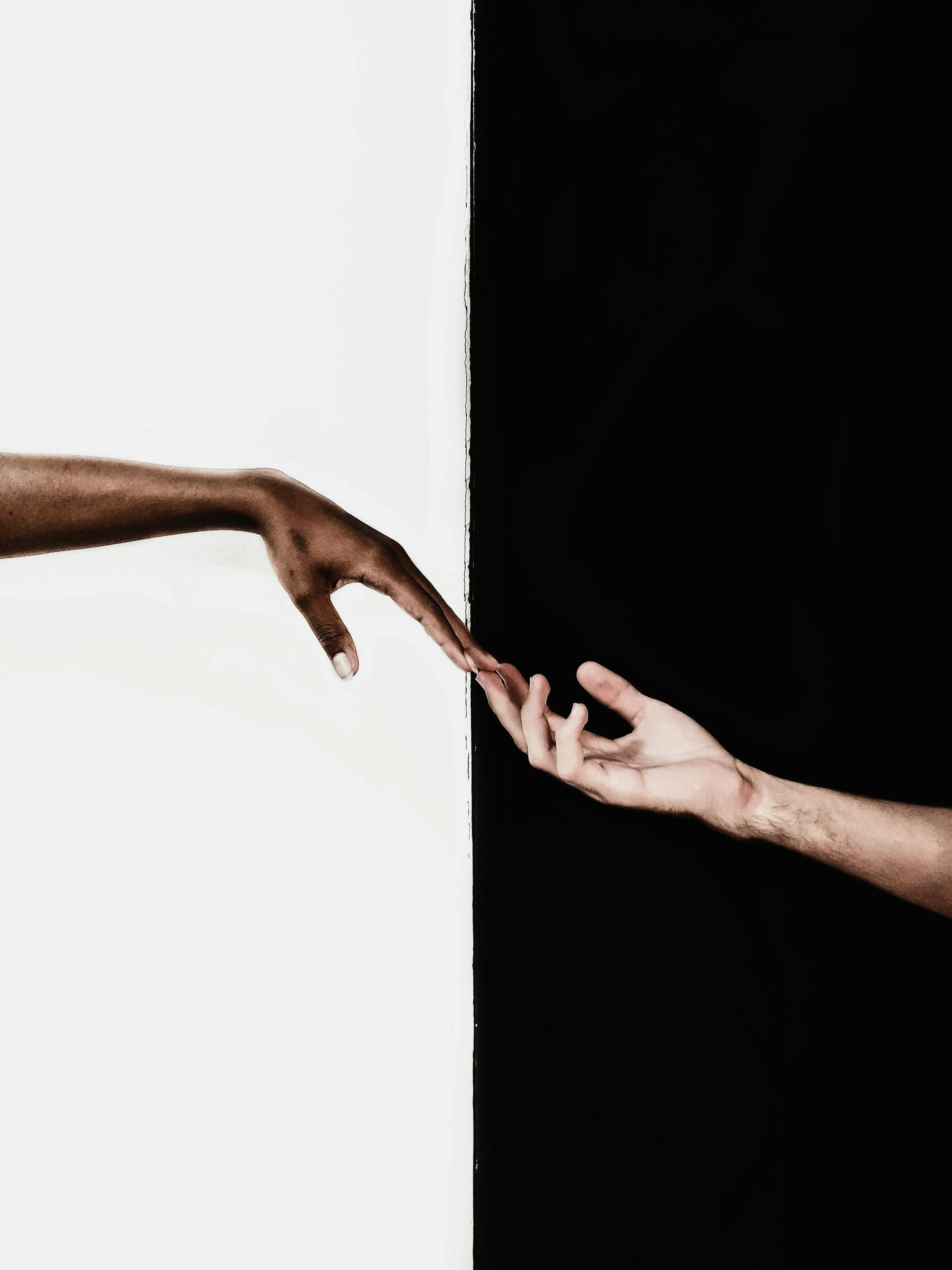
For most of my life, asking for help made me uncomfortable. I didn’t want to inconvenience anyone. I didn’t want to be seen as incapable. And deep down, I didn’t want to admit I needed anything from anyone.
The irony? I’ve always done everything for everyone else—without blinking an eye. I give my time, energy, and heart freely. I show up. I support. I hold space. But when it comes to accepting that same support in return, I freeze up. I deflect. I act like I’ve got it all handled.
Even with my family, I held back. I could be hurting, overwhelmed, or barely keeping it together—and still, I’d push through alone. It wasn’t pride so much as protection: a way of telling myself I was strong, in control, and low-maintenance.
But yesterday, my dad called me, and something shifted.
He said, “You’ve always been like this. You don’t like asking for help. I’m the same way. But we both need to be better about it.”
That comment made me think deeper. Because for the first time, I saw that this wasn’t just my struggle—it was a pattern. A quiet legacy passed down through generations, where needing help somehow got tangled up with shame. Where strength meant silence. Where love didn’t always mean support, because no one knew how to ask for it.
What I’ve noticed as I’ve started to shift this?
People are actually happy when I ask for help.
They light up. They lean in. They offer more than I expected.
It was never the burden I feared.
Just like I feel joy helping others, they feel joy helping me.
This isn’t just anecdotal—it’s biological. Human beings are wired for interdependence and co-regulation. When we connect through shared vulnerability, our brains release oxytocin, lowering stress and strengthening emotional bonds (Schore, 2021; Coan & Maresh, 2014). Asking for help is not a disruption—it’s an invitation for closeness.
Research on social baseline theory suggests that our brains actually function more efficiently when we feel emotionally supported. The simple presence of a trusted other—even imagined—reduces the perceived demands of stressful situations (Coan & Sbarra, 2015).
That moment with my dad reminded me: some of the hardest emotional habits we carry didn’t start with us. They were inherited. In many families and cultures, especially those shaped by survival, trauma, or migration, vulnerability gets coded as weakness. Shame becomes a strategy for emotional safety.
According to research on intergenerational trauma and emotion socialization, children often internalize unspoken family rules—like “don’t ask for help” or “don’t show need”—as protective mechanisms (Byng-Hall, 2008; Narvaez, 2014). These patterns, though adaptive at one time, can become barriers to intimacy later in life.
The good news? Patterns can shift. Neuroscience shows that relational safety—especially when practiced repeatedly—can actually rewire how we experience support and belonging (Siegel, 2020).
Here’s what I’ve learned:
Asking for help is not a weakness—it’s a powerful act of trust.
It says, “I matter too.”
It opens doors to deeper relationships, softer moments, and healing—not just for me, but for those around me.
And it’s not one-sided. Studies have found that giving and receiving help both activate brain regions associated with reward, meaning, and well-being (Brown & Brown, 2015). Support is not a favor—it’s a shared human rhythm.
If you’re someone who gives endlessly but struggles to receive—this is your reminder:
You are not a burden.
You are not too much.
You deserve support, too.
You don’t have to carry it all alone.
_____
References
If you’re ready to break patterns, build clarity, and feel seen— Book a free 15-minute consultation or schedule your first session today!